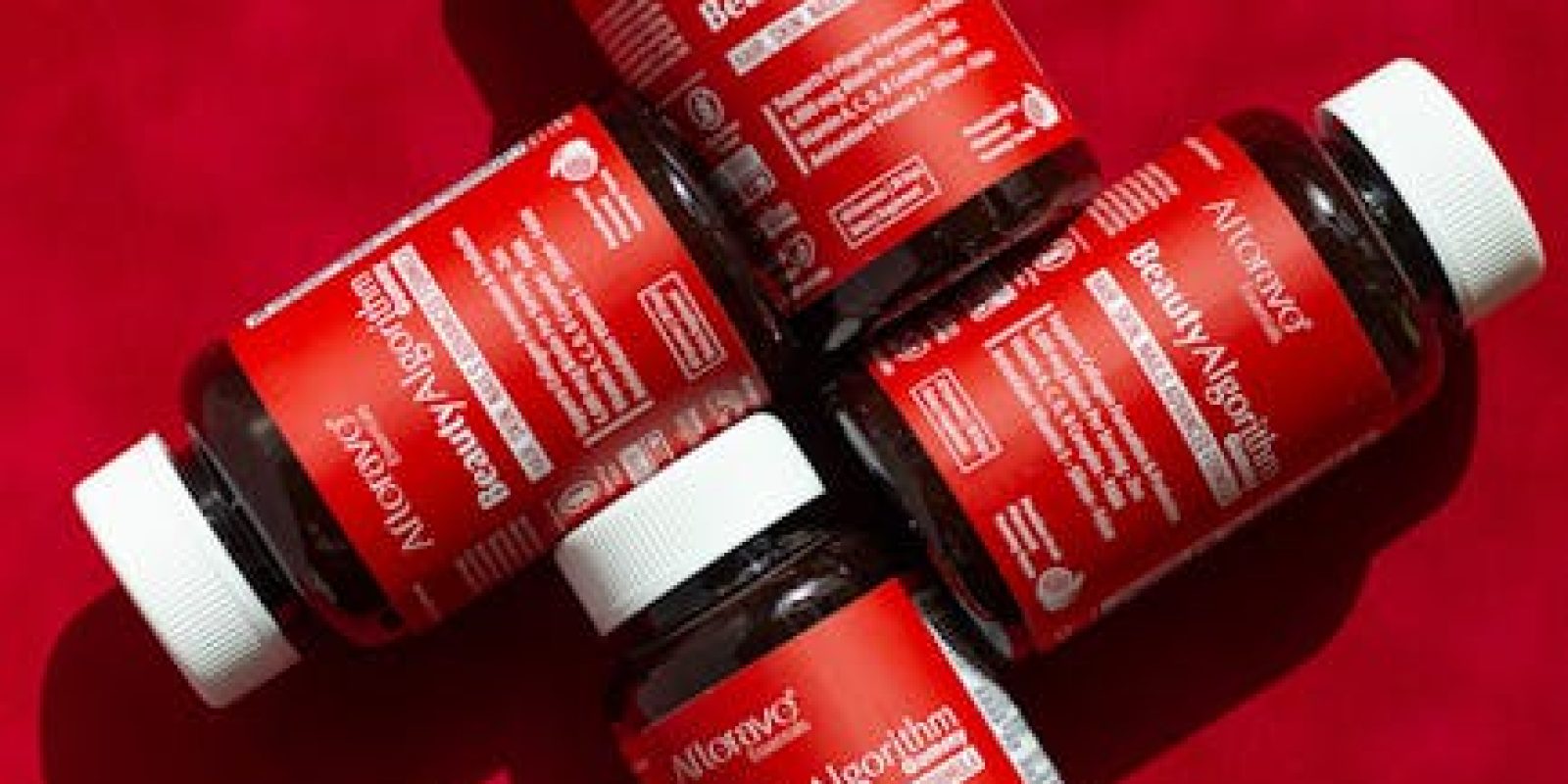The Importance of Zinc in Women’s Diets
In the realm of nutrition, zinc is often overshadowed by its more famous counterparts like calcium and iron. However, this essential trace mineral plays a crucial role in maintaining good health, particularly for women. From boosting the immune system to promoting healthy skin, zinc is a powerhouse nutrient that deserves your attention. In this comprehensive guide, we delve into the significance of zinc in women’s diets, backed by statistics and actionable tips to help you harness its benefits.
Understanding Zinc: An Essential Nutrient
Zinc is a trace element that is vital for numerous physiological functions. It is involved in protein synthesis, DNA production, and cell division. The human body does not store zinc, which means it must be consumed regularly through diet to maintain optimal health. According to the National Institutes of Health (NIH), the recommended dietary allowance (RDA) for zinc is 8 mg per day for adult women and 11 mg during pregnancy.
Why Zinc is Critical for Women’s Health
While zinc is important for everyone, it holds particular significance for women due to its role in reproductive health, skin integrity, and immune function.
Zinc and Reproductive Health
Zinc is crucial for female fertility and reproduction. It aids in hormone regulation, which is essential for ovulation and menstrual cycle regularity. During pregnancy, zinc supports fetal development and helps prevent congenital disabilities and preterm delivery. A study published in the Journal of Nutrition found that adequate zinc intake during pregnancy is linked to a lower risk of complications.
Boosting Immune System Function
A strong immune system is essential for fighting off infections and diseases. Zinc helps maintain immune function by supporting the development and activation of T-lymphocytes, a type of white blood cell that defends the body against pathogens. According to a study in the American Journal of Clinical Nutrition, zinc deficiency can lead to an increased susceptibility to infections, making it vital to consume adequate amounts through diet.
Promoting Healthy Skin and Hair
Zinc plays a pivotal role in maintaining skin health. It helps in the production of collagen, a protein that keeps skin firm and youthful. Moreover, zinc’s anti-inflammatory properties can help reduce acne and other skin conditions. For hair, zinc supports healthy growth and prevents hair loss by maintaining the function of oil glands around the hair follicles.
Zinc Deficiency: Signs, Risks, and Solutions
Despite its importance, zinc deficiency is fairly common, especially among women. Factors such as a vegetarian diet, poor absorption, or increased needs during pregnancy can contribute to low zinc levels.
Recognizing Zinc Deficiency Symptoms
Common symptoms of zinc deficiency include weakened immunity, hair loss, diarrhea, delayed wound healing, and skin rashes. If you experience these symptoms, it may be beneficial to consult a healthcare provider who can recommend a zinc test.
Risks Associated with Zinc Deficiency
Chronic zinc deficiency can lead to severe health issues such as impaired growth and development in children, infertility, and increased risk of infections. In women, it can cause menstrual irregularities and complications during pregnancy. Ensuring adequate zinc intake is essential to mitigate these risks.
Top Zinc-Rich Foods and Dietary Tips
Including zinc-rich foods in your diet is the best way to maintain adequate levels of this vital mineral. Here are some top dietary sources:
- Oysters: One of the richest sources of zinc, oysters provide 74 mg per 3-ounce serving.
- Red Meat: Beef, lamb, and pork are excellent sources of zinc.
- Poultry: Chicken and turkey offer smaller, yet significant, amounts of zinc.
- Nuts and Seeds: Pumpkin seeds, cashews, and almonds are great plant-based options.
- Dairy Products: Milk, cheese, and yogurt provide zinc along with calcium for bone health.
Incorporate Zinc into Your Diet
To ensure you’re getting enough zinc, consider these dietary tips:
- Balance Your Diet: Include a variety of zinc-rich foods in your meals to cover your nutritional needs.
- Opt for Whole Grains: Choose whole grains over refined ones, as they retain more zinc.
- Be Mindful of Phytates: Foods high in phytates, such as grains and legumes, can inhibit zinc absorption. Soak or ferment these foods to reduce phytate levels.
- Consider Supplements: If you’re unable to meet your zinc needs through diet alone, consult a healthcare provider about supplementation.
Conclusion: Prioritizing Zinc for Optimal Health
Incorporating adequate zinc into your diet is essential for maintaining various aspects of women’s health, from reproductive well-being to robust immunity and radiant skin. By understanding the importance of zinc and implementing the dietary tips provided, you can ensure you’re meeting your nutritional needs and promoting overall wellness. Remember, a balanced diet rich in diverse nutrients is the cornerstone of good health. Prioritize zinc today and take a proactive step towards a healthier, more vibrant you.
For more health and nutrition tips, subscribe to our newsletter and stay informed about the latest in women’s health.



